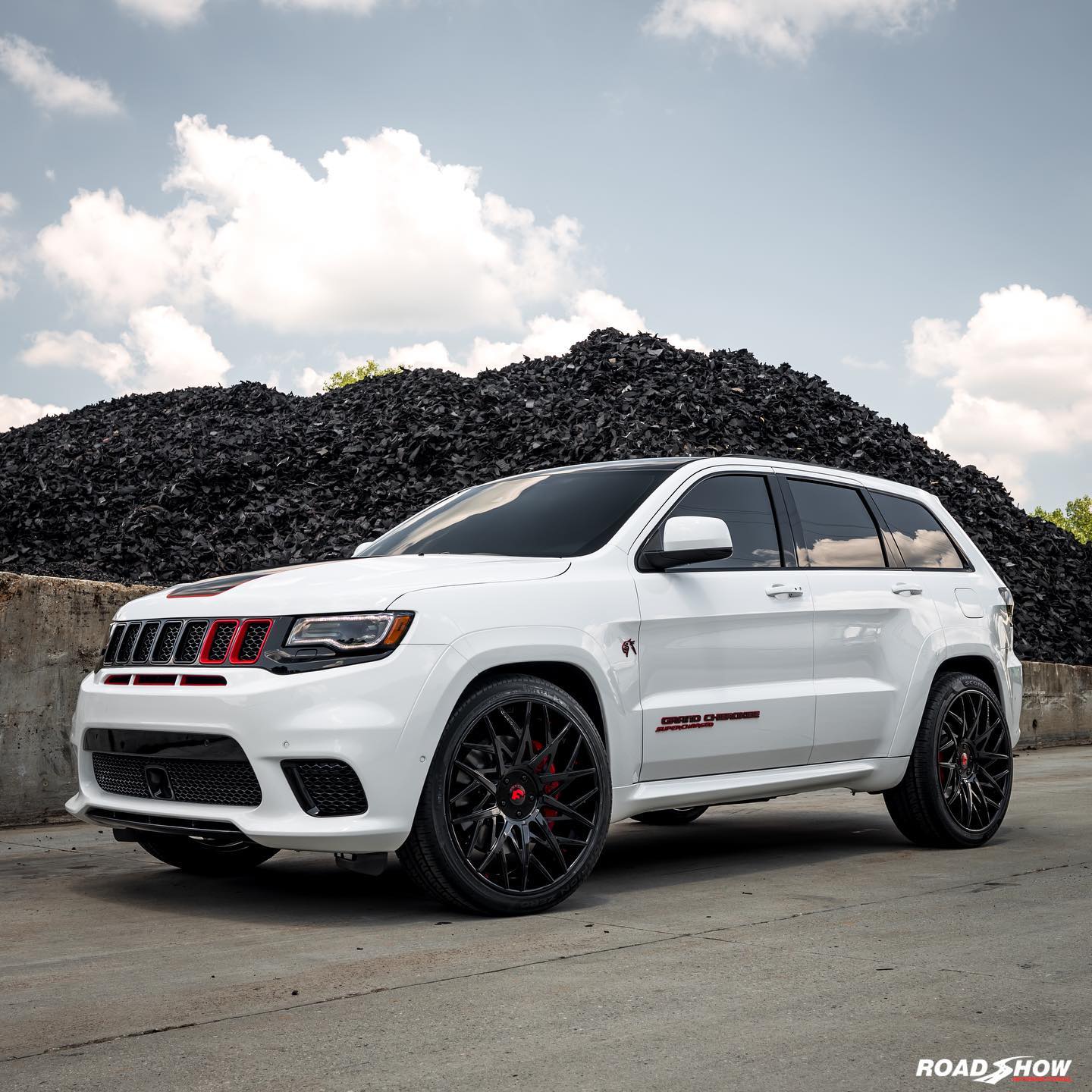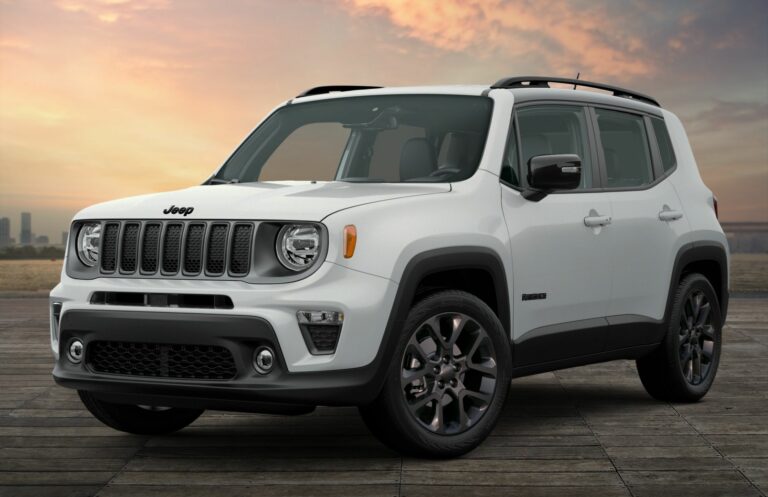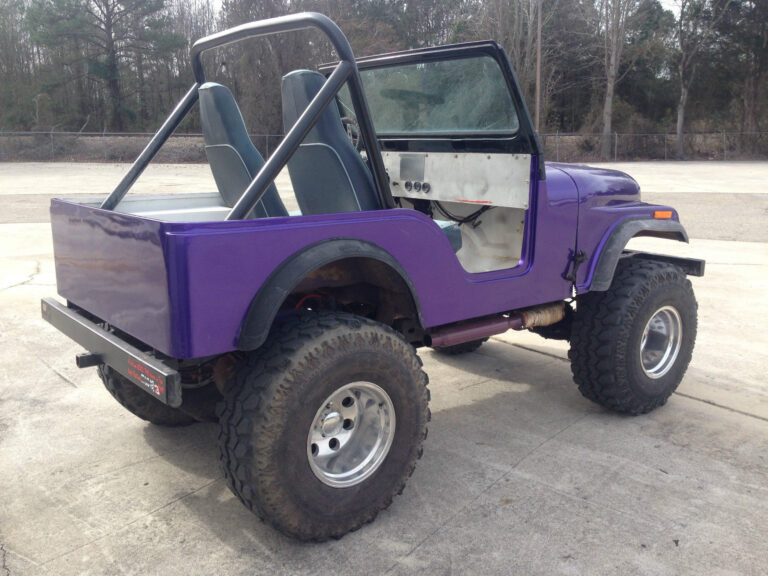Jeep J20 Truck For Sale: Your Ultimate Guide to Owning an American Icon
Jeep J20 Truck For Sale: Your Ultimate Guide to Owning an American Icon jeeps.truckstrend.com
Introduction: Discovering the Enduring Appeal of the Jeep J20
In the vast landscape of classic American trucks, few vehicles command the same blend of rugged utility, distinctive style, and enduring legacy as the Jeep J20. More than just a pickup, the J20 is a full-size, heavy-duty workhorse from an era when trucks were built with an unyielding commitment to durability and purpose. Part of the iconic Jeep SJ series (alongside the J10 and Wagoneer), the J20 was produced from the late 1970s until 1988, primarily under American Motors Corporation (AMC) ownership. It quickly established itself as the go-to choice for those needing serious hauling and towing capabilities combined with legendary Jeep 4×4 prowess.
Jeep J20 Truck For Sale: Your Ultimate Guide to Owning an American Icon
Today, the Jeep J20 isn’t just a relic of the past; it’s a highly sought-after commodity in the classic truck market. For enthusiasts, collectors, off-road adventurers, and even those seeking a unique daily driver with character, the J20 represents a tangible piece of automotive history. Its straightforward mechanicals, robust construction, and undeniable presence make it an attractive proposition for restoration projects, custom builds, or simply as a reliable vintage work truck. This comprehensive guide aims to equip you with all the knowledge needed to navigate the market for a Jeep J20, ensuring you make an informed and satisfying purchase.
Understanding the Jeep J20: A Legacy of Ruggedness
The Jeep J20 stands as a testament to the "Built Like a Tank" philosophy. Resting on a full ladder frame and featuring solid axles front and rear (often a Dana 44 front and a Dana 60 or 60/70 hybrid rear), the J20 was engineered for maximum strength and load-carrying capacity. These trucks were designed to be true workhorses, distinguishing themselves from their lighter-duty J10 siblings with higher Gross Vehicle Weight Ratings (GVWRs) – typically ranging from 6,500 lbs to over 8,000 lbs – and often sporting longer wheelbases and stronger suspension components.
Under the hood, the J20 primarily relied on AMC’s robust V8 engines, most commonly the AMC 360 cubic inch (5.9L) V8. Earlier models also offered the powerful AMC 401 cubic inch (6.6L) V8, a highly desirable option among collectors due to its performance. Power was routed through a variety of transmissions, including manual options (like the T-18 or T-176) and automatic transmissions (such as the venerable Turbo 400 or later the Torqueflite 727). Transfer cases included the full-time Quadra-Trac (NP203) or part-time options like the NP208 or NP229, providing formidable off-road capability. The J20’s boxy, no-nonsense styling, often featuring a vertical "pig nose" grille in later years, gives it an unmistakable and highly charismatic appearance that sets it apart from more modern trucks.
Why Buy a Jeep J20 Today? Benefits and Appeal
The decision to purchase a vintage vehicle like the J20 is often driven by a blend of practicality and passion. Here are several compelling reasons why a Jeep J20 might be the perfect fit for you:
- Classic Appeal & Collectibility: The J20’s unique design and heritage ensure it turns heads wherever it goes. As classic trucks continue to gain popularity, well-preserved or restored J20s are becoming increasingly collectible and can be a solid investment.
- Unmatched Durability & Workhorse Capability: These trucks were over-engineered for their time. Their heavy-duty components mean they can still handle substantial payloads and towing duties, making them ideal for ranch work, hauling equipment, or even as a unique overlanding rig.
- Off-Road Prowess: With its strong 4×4 system, generous ground clearance, and robust axles, the J20 is incredibly capable off the pavement, whether for trail exploration or navigating tough job sites.
- Simplicity & Maintainability: Lacking the complex electronics of modern vehicles, the J20 is relatively simple to diagnose and repair. Many mechanical components are shared with other AMC/Jeep vehicles, making parts sourcing manageable for the most part.
- Investment Potential: While not all J20s will skyrocket in value, a well-maintained, rust-free, or professionally restored example can certainly appreciate over time, offering a return on your passion.
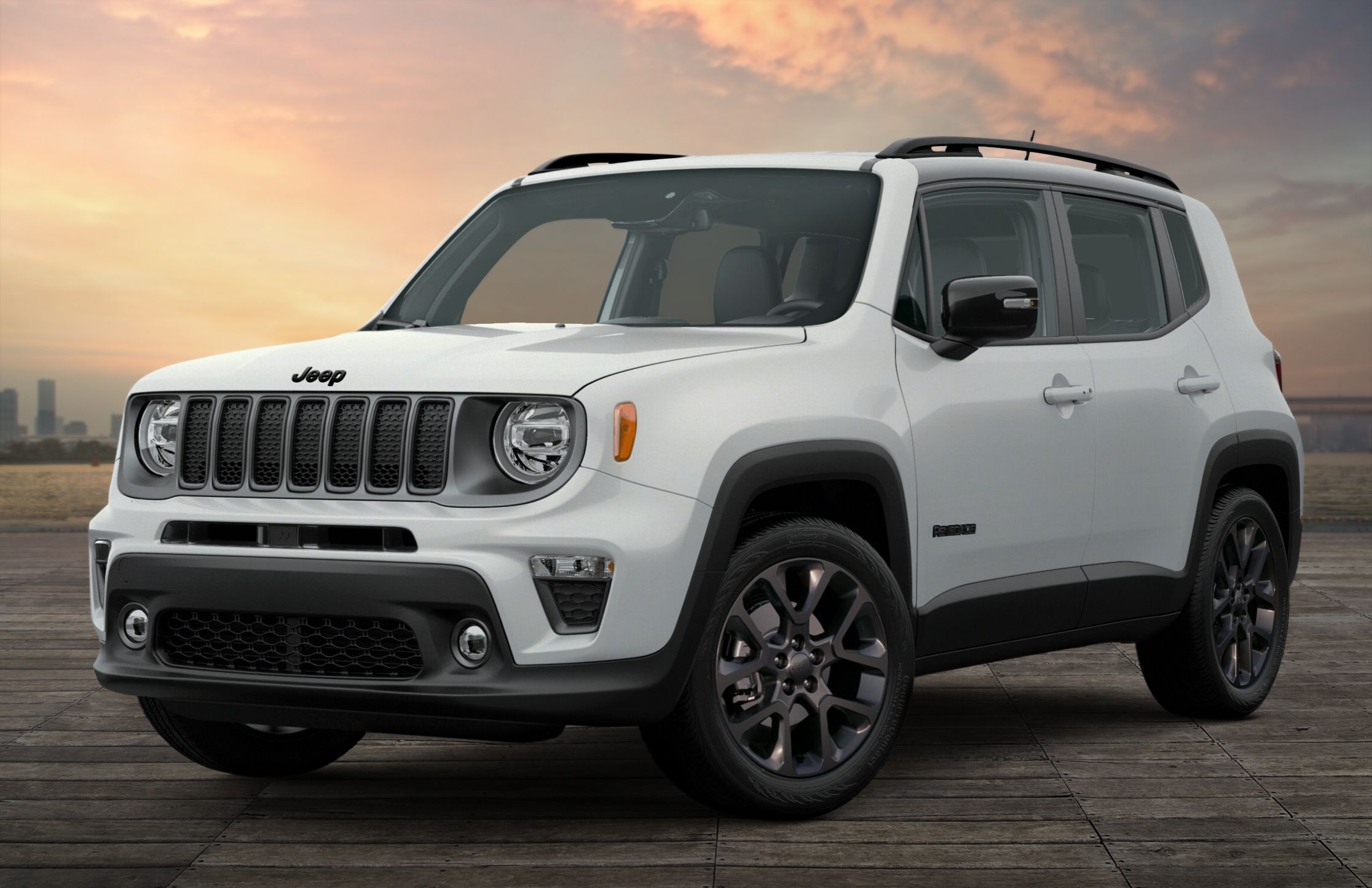

Navigating the Market: Where to Find a Jeep J20 For Sale
Finding the right Jeep J20 requires patience and knowing where to look. Here are the primary avenues for your search:
- Online Marketplaces: Websites like eBay Motors, Craigslist, and Facebook Marketplace are popular starting points. Be wary of scams and always verify listings. Specialized auction sites like Bring a Trailer or Cars & Bids often feature higher-quality, more thoroughly documented examples.
- Specialized Forums & Classic Truck Websites: Communities such as the Full Size Jeep (FSJ) Network forums, IFSJA.org, or dedicated classic truck classifieds are invaluable resources. Here, you’ll find knowledgeable sellers and often a more transparent buying process.
- Local Classifieds & Word-of-Mouth: Don’t underestimate the power of local listings, auto bazaars, or simply talking to people at car shows. Many great finds are still discovered this way.
- Classic Car Dealerships & Auctions: For higher-end, restored, or very original examples, classic car dealerships or major auto auctions can be good sources, though prices will generally be higher to reflect the curation and presentation.
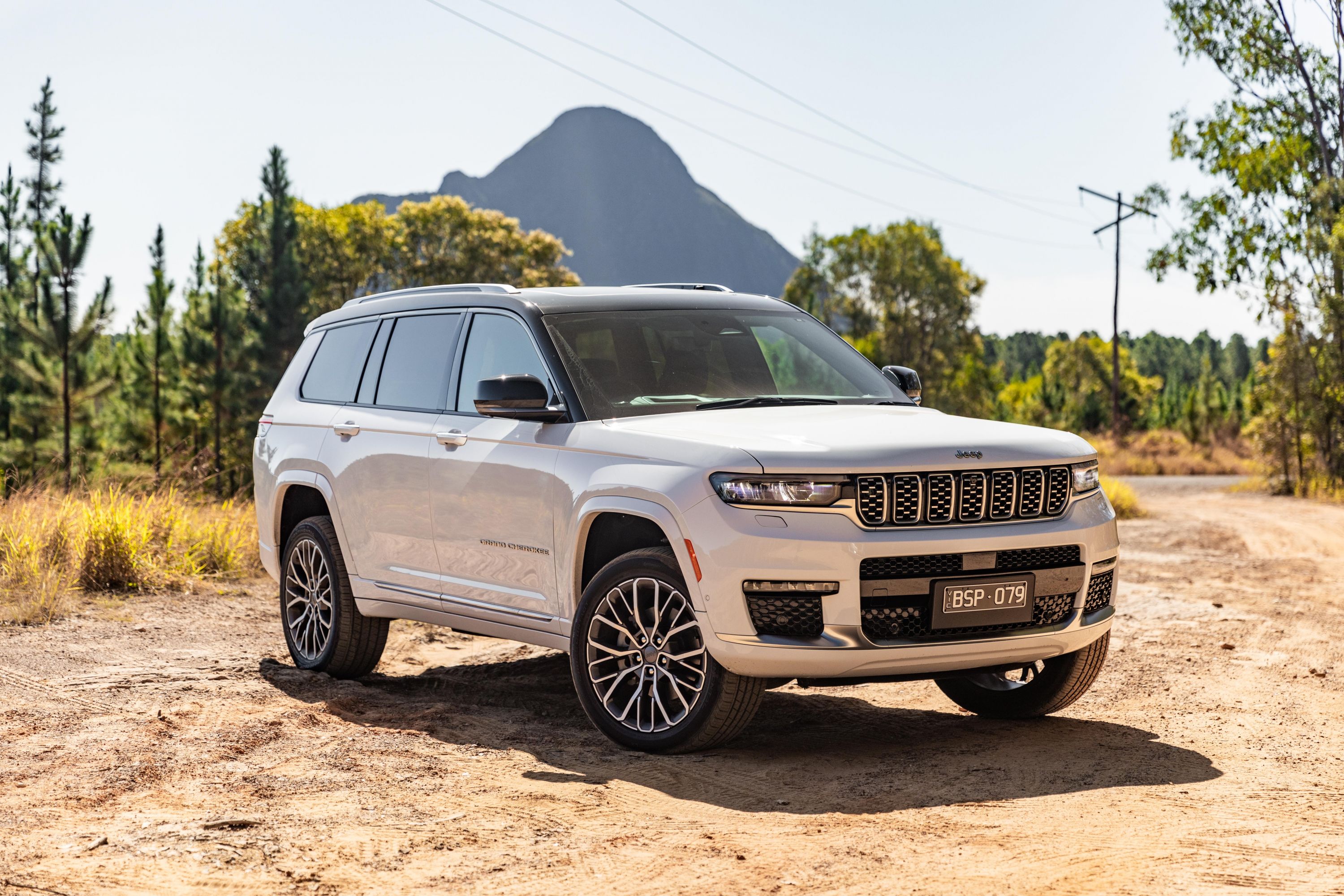
What to Look For: Essential Inspection Points When Buying a J20
Buying a vintage truck is different from purchasing a new one. A thorough inspection is paramount to avoid costly surprises.
- Rust: This is the number one enemy of older vehicles, especially in the J20. Pay meticulous attention to:
- Frame: Inspect the entire frame for cracks, bends, and severe rust. This is structural and critical.
- Body Panels: Look at cab corners, rocker panels, floor pans, fender wells, and the bed floor. These areas are prone to rot.
- Mounting Points: Check body mounts, suspension mounts, and crossmembers.
- Engine & Drivetrain:
- Engine: Listen for unusual noises (knocks, ticks, excessive smoke from the exhaust). Check for fluid leaks (oil, coolant). Ask about recent maintenance.
- Transmission: Ensure smooth shifts (manual or automatic). Check fluid condition. Test 4×4 engagement (high and low range).
- Axles & Driveshafts: Look for leaks at differentials and check U-joints for play.
- Suspension & Steering:
- Check for worn bushings, loose tie rods, and excessive play in the steering wheel. Sagging springs can indicate heavy use.
- If lifted, inquire about the quality of the lift kit and installation.
- Brakes: Test pedal feel (should be firm, not spongy). Inspect lines for corrosion, and check calipers/wheel cylinders for leaks.
- Interior: Assess the condition of seats, dashboard (cracks are common), gauges, and HVAC system.
- Electrical: Test all lights, wipers, horn, windows, and gauges. Aftermarket wiring can be a red flag if not done professionally.
- Documentation: A clear title is essential. Service records, original owner’s manuals, or build sheets add value and provide insight into the truck’s history.
Types and Conditions: Understanding J20 Categories
Jeep J20s for sale typically fall into a few broad categories based on their condition, which directly impacts their price and the effort required from the buyer:
- Project Trucks: These are the most affordable and often require significant mechanical, body, and interior work. Ideal for those with extensive restoration skills, a large budget for parts, and ample time. Expect rust, non-running engines, or major system failures.
- Drivers/Runners: These trucks are functional and can be driven, but may have cosmetic flaws, minor mechanical issues, or need general maintenance. They offer a good balance for those wanting to enjoy the truck immediately while tackling improvements over time.
- Restored/Show Trucks: These examples have undergone professional restoration or extensive, high-quality work. They typically feature pristine paint, rebuilt powertrains, and immaculate interiors. They command the highest prices and are often ready for show or immediate enjoyment without major work.
- Original Survivors: Rare and highly prized, these trucks are well-preserved, low-mileage examples that retain much of their original factory condition. They might have patina but are largely untouched by restoration. They appeal to purists and collectors and can fetch premium prices.
Pricing Your Dream J20: Factors Influencing Value
The price of a Jeep J20 can vary wildly, from a few thousand dollars for a true project to tens of thousands for a meticulously restored or rare survivor. Key factors influencing the price include:
- Condition: This is the most significant determinant. Rust-free bodies and sound mechanicals command a premium.
- Originality vs. Modifications: While some tasteful modifications (e.g., modern engine swap, updated suspension) can add value, heavily modified or poorly executed custom jobs can detract. Originality often appeals to collectors.
- Engine/Transmission Combination: The AMC 401 V8 is highly sought after. Desirable manual transmissions can also increase value.
- Mileage: While less critical for older vehicles, exceptionally low mileage for its age can be a strong selling point for a survivor.
- Location: Trucks from dry, arid climates (e.g., Southwest US) tend to be more expensive due to less rust. Regional demand also plays a role.
- Rarity of Options/Trim: Specific trim packages, unique color combinations, or rare factory options can influence pricing.
Jeep J20 Truck Estimated Price Guide (As of 2024)
| Condition Category | Estimated Price Range (USD) | Key Characteristics |
|---|
